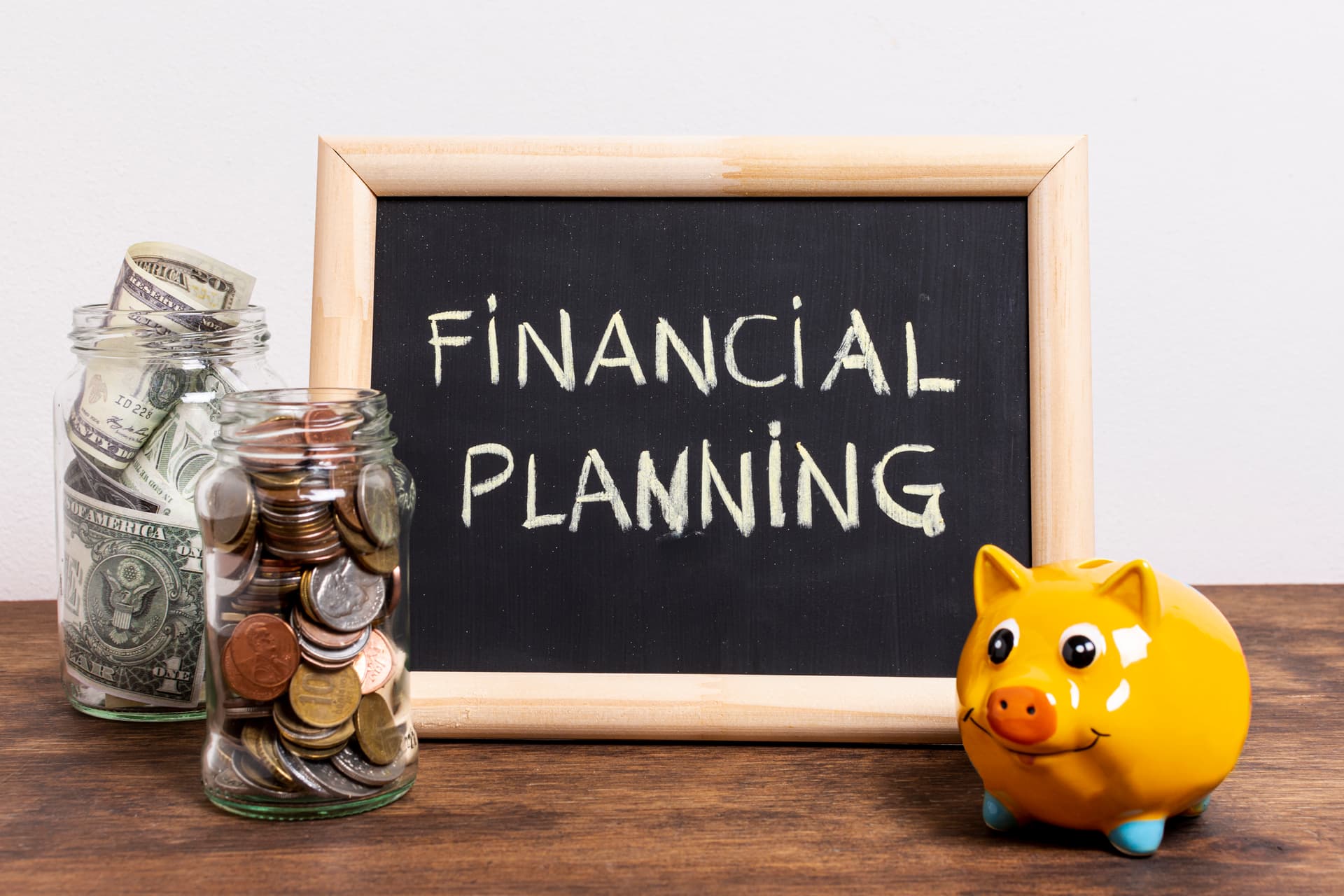How Rich People Invest Their Money in 2025 (Secrets You’re Not Taught in School)

Most schools won’t teach you this — but wealthy people follow a very different playbook when it comes to investing. Here’s exactly how the rich grow their money, and what you can learn from it in 2025.
How Rich People Invest Their Money in 2025 (Secrets You’re Not Taught in School)
The Financial Lie I Believed (Until I Learned How the Rich Really Invest)
For most of my life, I thought rich people had money simply because they inherited it or got lucky in business. That was the story I told myself while scraping by — working long hours, saving what I could, and occasionally dipping into “get rich quick” stocks I didn’t understand.
But then something shifted.
It wasn’t a flashy YouTube video or a seminar. It was a quiet moment when I realized: I’ve never actually studied how the wealthy invest. I just assumed they knew something I didn’t — or had access to things I didn’t. Turns out, both were true — and neither is out of reach.
It’s Not About Luck — It’s About Leverage, Strategy, and Time
Once I started digging, I realized that wealthy people don't gamble their way to success — they build systems.
They use leverage — not just debt, but time, teams, technology. They have strategies, not hopes. And most importantly, they invest with decades in mind, not days.
The rich don’t just buy a few stocks and cross their fingers. They diversify across asset classes. They optimize for taxes. They think in terms of long-term ownership — not short-term gains.
Learning this shook me. I wasn’t poor because I lacked intelligence — I lacked insight. No school had ever taught me this.
What the Wealthy Invest In (That Most People Don’t)
When I had my first real conversation with a millionaire investor, I expected talk of Tesla stocks or crypto pumps. Instead, he said something that stayed with me:
“If it doesn’t pay me or appreciate in value over time, I don’t touch it.”
Wealthy people invest in:
- Index funds and ETFs — not for hype, but because they know compound growth is king. They buy at scale and hold for years, not months.
- Real estate — not just for rent, but for the tax benefits. Depreciation, 1031 exchanges, equity-building — it's a wealth-building machine.
- Private equity and angel deals — funding startups with potential, because they understand asymmetric returns.
- Their own businesses — because ownership scales wealth like nothing else.
- Alternative assets — farmland, collectibles, even fine art or carefully chosen crypto — not for trend-chasing, but for diversification.
Compare that to what most people do: put cash in savings accounts that barely beat inflation, or chase trending stocks hoping for a windfall. The difference isn’t money — it’s mindset.
The Invisible Investing Rulebook the Rich Follow
Here’s what you won’t find in your high school curriculum — but every wealthy person I’ve met lives by these principles:
1. Assets vs. Liabilities
The rich buy assets — things that grow or pay them. Poor and middle-class folks often buy liabilities disguised as assets — like new cars or oversized homes that bleed money.
This changed the way I saw everything I owned.
2. Tax Efficiency Is Wealth
I didn’t even know what a capital gains tax was until I started reading finance books. The rich plan for taxes before they invest — using 1031 exchanges, Roth accounts, trust structures, and professionals to reduce taxes legally.
They don’t fear taxes. They study them.
3. Investing Is a Team Sport
This one hit me hardest: wealthy people don’t go it alone. They have CFAs, CPAs, lawyers, and mentors on speed dial. I used to think hiring pros was for “later.” They know it’s for now.
When I hired a tax planner, it literally saved me $1,300 the first year.
4. Risk Is Managed, Not Avoided
Rich people take risks. But they don’t gamble — they hedge. They insure. They research. They size their bets properly.
It’s not about being fearless. It’s about being smart with fear.
The Power of Compound Thinking and Patience
One day, I asked a retired investor — now a multi-millionaire — what his biggest investing regret was.
He said, “Selling too early.”
That stuck with me. Because what wealthy people understand better than anyone else is this: compounding needs time.
They invest in what I call “slow seeds” — stocks, real estate, content, businesses. Then they wait. They don’t panic. They don’t refresh charts hourly. They let the magic of math do the work.
And now, so do I.
What You Can Copy (Even If You’re Starting With $100)
The most empowering thing I’ve learned? You don’t need $1M to think like an investor.
Here’s what I did when I had just $100 to start:
- Low-fee index funds through platforms like Fidelity or Vanguard. No need to chase hot stocks.
- Invested in knowledge — I bought books, took online courses, even subscribed to financial YouTube channels that actually teach.
- Built income-generating skills — I turned freelance writing into a content business.
- Reinvested everything — I didn’t spend windfalls. I cycled them back into better tools, better products, better investments.
This mindset shift changed everything.
If you’re just getting started, read this too: Start Building Wealth with $100
Final Thoughts: Invest Like the Rich — One Move at a Time
You might feel behind. I used to.
But here’s what I’ve learned — wealth isn’t about catching up fast. It’s about compounding smart. Wealthy people aren’t lucky. They’re strategic, patient, and disciplined.
You can’t adopt their bank account overnight. But you can adopt their habits today.
Start by understanding how they invest.
Then take your first step — whether it’s opening a Roth IRA, buying your first ETF, or simply building a side hustle with real value.
One move. One mindset shift. That’s how it begins.
Also explore:
- How Rich People Spend Their Money in 2025
- How to Build Wealth from Nothing
- Investing for Beginners 2025 (external)
Frequently Asked Questions (FAQ)
What investments do wealthy people prefer?
They favor long-term appreciating assets like index funds, real estate, private equity, and businesses. They also invest in tax-advantaged vehicles and sometimes alternative assets like art or farmland.
Do rich people take more risks or smarter risks?
They take smarter risks — backed by research, diversification, and professionals. Their goal is preservation and growth, not quick wins.
Can I start investing like the rich if I only have $100?
Absolutely. Start with low-fee index funds, learn about tax efficiency, and focus on skills that generate income. It’s more about the strategy than the amount.
How do wealthy people build passive income streams?
They acquire cash-flowing assets — rentals, dividend stocks, online businesses — and reinvest profits. Many also use systems and teams to scale.
What’s the difference between rich and poor money habits?
Rich habits focus on long-term gains, asset building, and strategic planning. Poor habits often center around consumption, short-term rewards, and emotional spending.
Related Posts

The 17 Principles of Creating Wealth That Changed My Life (Most People Ignore #5)
Building wealth isn’t just about money — it’s about mindset. These 17 powerful principles helped me go from broke to financially secure, and they can work for anyone willing to try.
Read Full Story
I Built an Emergency Fund From $0 in Just 30 Days — Here’s the Exact Plan I Followed
Broke, stressed, and unprepared — that was me a month ago. But in just 30 days, I went from zero savings to building my first emergency fund. Here’s the simple plan that actually worked.
Read Full Story
🔥 Devs Are Using These AI Tools to Code 10x Faster in 2025 — Why Aren’t You?
From Copilot to Codeium and beyond — discover how devs are shipping 40% faster, writing fewer bugs, and building smarter in 2025 using AI. This guide shows you the best tools, real-world use cases, and how to start right now.
Read Full StoryAdd a Comment
Recent Comments
Loading comments...